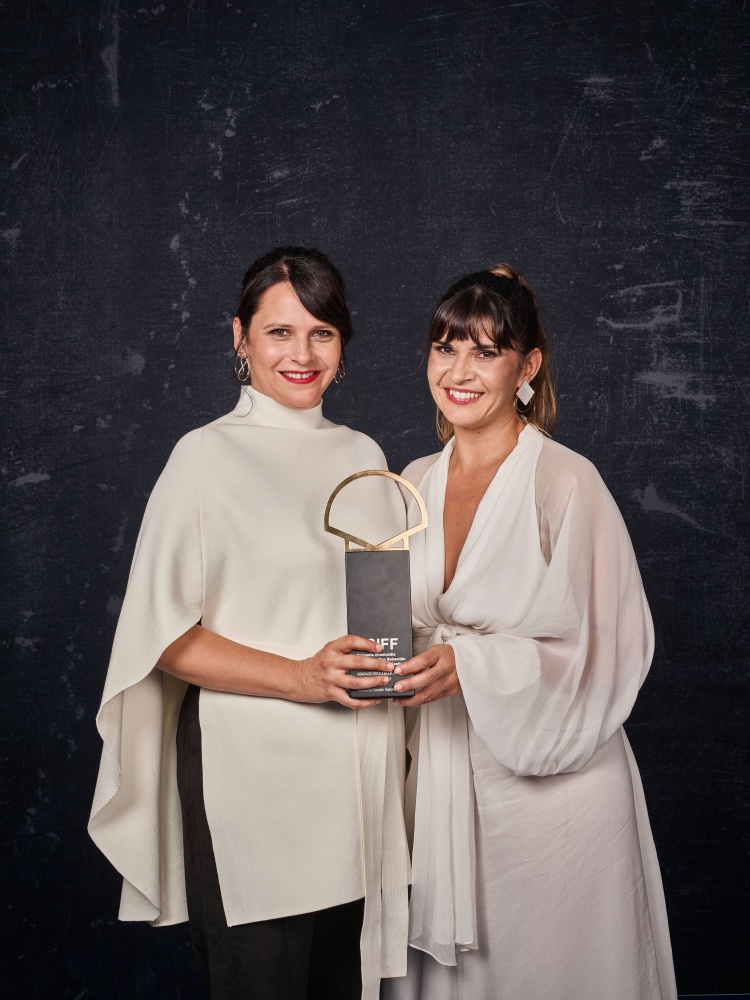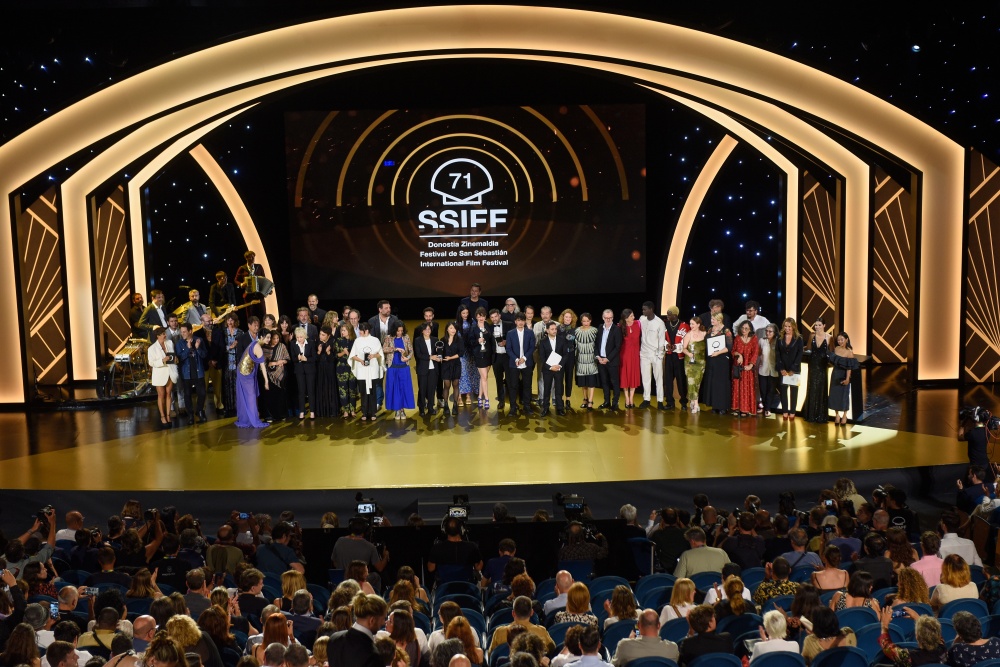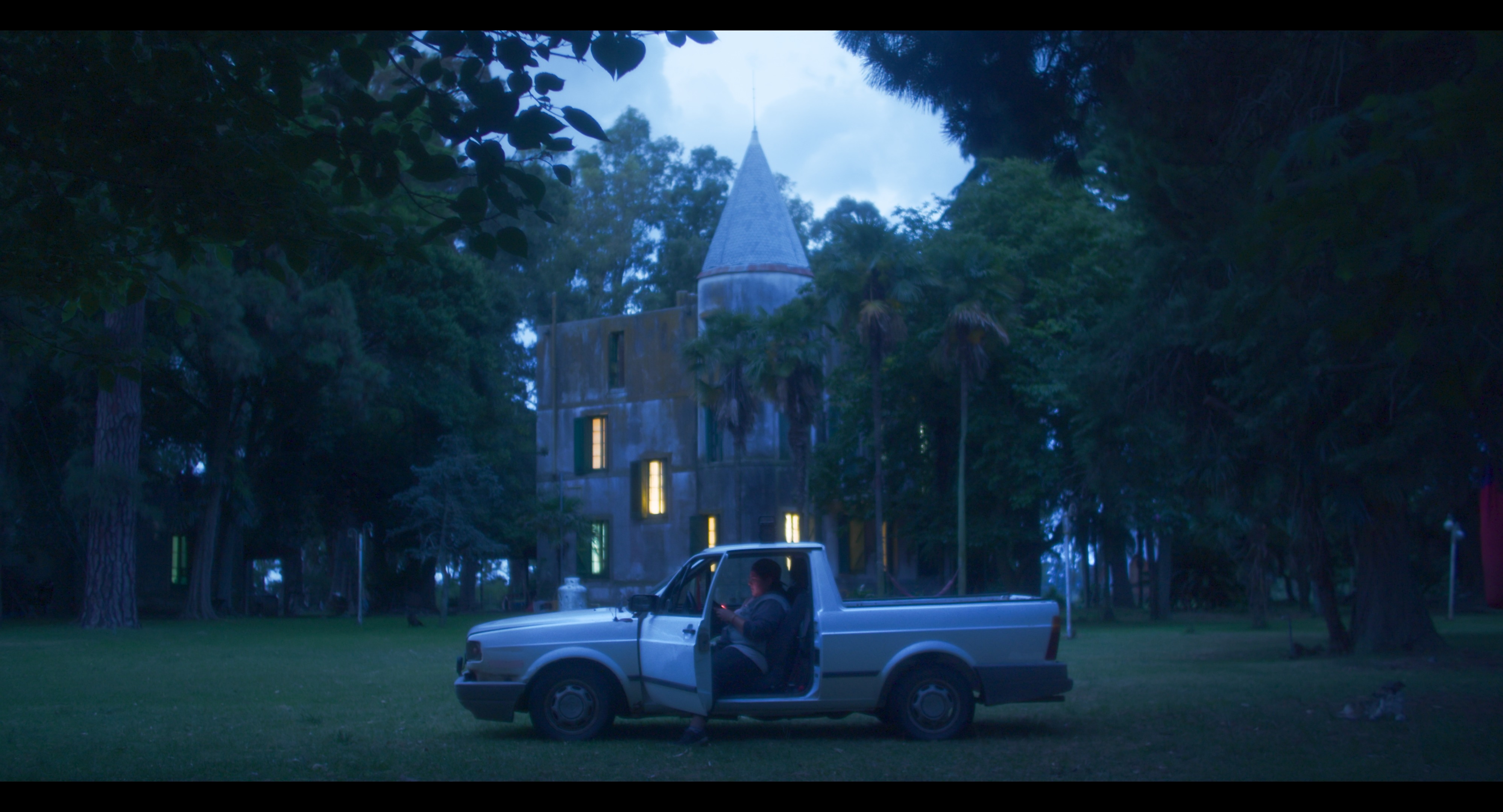
As if he left the best for the end, it has been a memorable caress 71. Here, by Belgian director Bas Devos, I have seen the last day of the festival. Stefan, a Romanian construction worker, and Shuxiu, an expert researcher in mosses and daughters of Chinese migrants, are in Brussels. It's known a few days before Stefan returns to her hometown, but perhaps her way out is almost invisible because she's on the way to fertilization. To contribute to the harmony of the two characters, we visited the lyrical studies of the city and nature, night and day.
On the edge of big cities and stories, Devos observes with a generous mime the crossroads drawn when he finds seemingly parallel lives of the protagonists. At first, Stefan and Shuxiu continue individually, helping the long sleepless nights of the former and the microscopic studies of the latter. Stafan and Shuxiu look at the world with admiration, observing melody that dominates the smooth advance of the film.
The balanced 4:3 format and excellent photography build a harmonious film, focusing the poetics of gestures and details. The delicate ambition and humility make it the best gift I could receive on the last day of the Here Festival. Finally, between fatigue and these days' prey, the respiratory zone.

I left Stefan and Shuxiu and definitely ended my Zinemaldia this year with a better known partner: I refer to the tandem Mirande-Martinez. Josu Martínez is an old friend of the festival. Since presenting the daughter of the sea in 2009, about ten films have been shown in San Sebastian. His work is one of the pillars of Basque political cinema and this year two have brought to the film department: Bizkarsoro and Mirande, a draft for a movie. The second, written together with Miel Anjel Elustondo.
From the admiration of Miranda from a very young age, who was born with the intention of being an outline will become a deformed film. Nacia, pedophile, misogynist... and the milestone of Basque literature. What are we going to do with Miranda? By pulling the question, Martínez interviews the people who met the writer, as well as others who did not know him, but who somehow approach his work. Together they create a portrait of man. The film explores personal anecdotes, literary reflections and political reflections. By the way, the latter are sometimes dangerous. For example, because we cannot accept that Nazism is only a “part of character”, as one of the interviewees suggests at one point in the film. On one side of the knife the author, on the other the work. And on the sharp end between the two, to balance, Martínez.
In addition to the interviews, the film explores Miranda's writings, unknown photographs and unpublished texts. But Josu Martinez has a more willing resource to answer Mirande's initial question of referring to words to know what genius would say of himself. Thus, in interview format, Peio Bertrese, who embodies Mirande, will answer Martínez's questions with expressions literally extracted from the letters and works of the writer.
Without whitening Mirande's figure, but with a clear positive sense, Josu Martínez meets with new questions that he answers when the film ends. Perhaps, as Spanish writer Cristina Morales says, we have to recognize the double pleasure of reading authors such as Mirande: on the one hand, quality literature; on the other hand, the necessary criticism of reactionary attitudes.
Victor Erice, winner of the Donostia Prize this year, asks the journalists of the Festival: “Do you know what the most permanent image holder is?” The answer is not digital media, not photochemical, but oil. Oil painting prevents the scarring of forgetfulness better than... [+]
On the eighth day of the festival, cinema has lost all ritual and all signs of mysticism. The cinematic experience has become part of the routine: to be credited, to dismiss the staff of the room and to do it directly to the seat. Without magic, it's a mere formality. Today,... [+]
During the search for locations for the new documentary, Martín Benchimol met the castle, the sunset sign of the Argentine aristocracy. Fascinated, he wanted to meet the local owner. In this way, and full of strangeness, he met Justina, with tanned skin, who after spending his... [+]






















